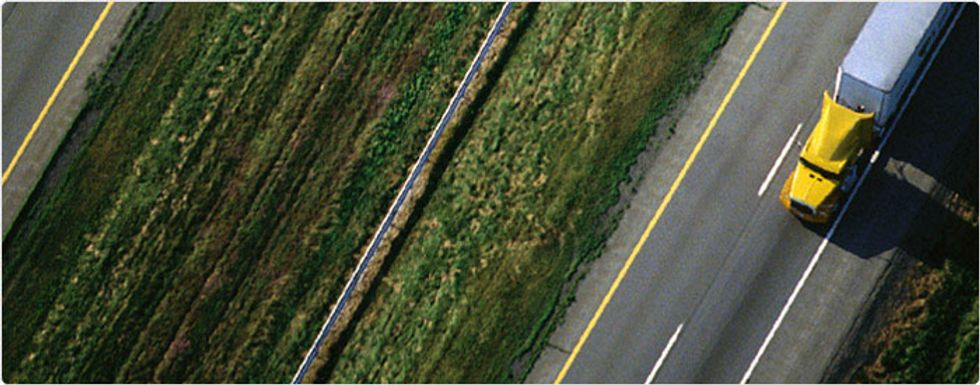
Thieves Targeting Truck Fleets for Parts, Fuel and Tires
Not only is fuel theft an issue for truck fleets, but companies likePenske Truck Leasing are also filing regular police reports and working with police to help capture and prosecute thieves for the theft of expensive items like truck tires and catalytic converters.
Rising prices for tires, fuel, and truck parts combined with a fragile U.S. economy has thieves targeting trucks and truck yards across the U.S. for their valuable fuel and components, according to Drew Parenti, the company’s vice president of security.
“It is important to take logical defensive precautions,” stated Parenti. “Thieves in this business are professionals, and they’re seeking to take items and resell to interested buyers.”
Parenti, and Ray Zale, Penske’s security manager, are offering truck fleets of all sizes several handy tips:
- Ensure that your truck lots are in a well-lit location; trucks left unsecured at night are most vulnerable
- Clear vegetation back five to ten feet on both sides of the lot’s perimeter fence
- Securely lock access gates with case-hardened locks when not in operation
- Indoor tire and parts storage equipped with alarms is highly preferred. If outdoor storage is the lone option, Penske recommends a securely locked solid-steel container that’s equipped with an alarm or a camera system.
- When housing trucks with brand-new tires, fold in the mirrors and park the vehicles tightly together to reduce access to tires, batteries and fuel tanks
Penske security experts: protect truck fleets from thieves targeting parts, fuel and tiresow.ly/9N3jK
— Penske News (@PenskeNews) March 21, 2012
By Alen Beljin